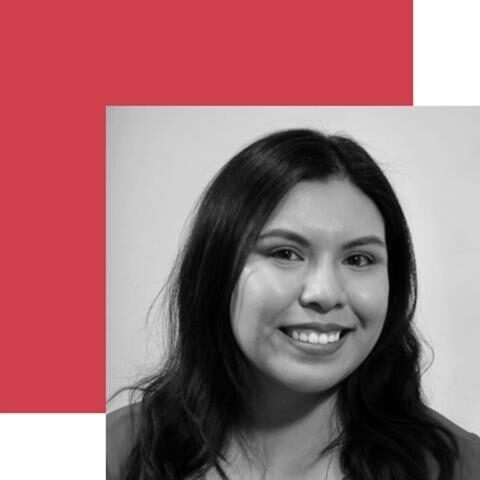September 26, 2023
Around the Table with Maggie Angel
Three Questions with the Make Room Email Newsletter
Around the Table is a three-question interview series from the Make Room email newsletter. Each edition features a conversation with a peer in the national security community to learn about their expertise and experience in the sector.
Maggie Angel is a Legislative Assistant in the United States Senate working on foreign policy, defense, technology, and veterans affairs. The views expressed are those of the author and do not reflect the position of the United States Senate.
1. What led you to pursue a career on Capitol Hill?
I had actually intended to go into academia, but I was offered an opportunity to intern in the Senate. Initially, I had been uncertain about choosing the internship due to negative media portrayal, but I learned quickly there is a lot more to Capitol Hill than what is in the headlines or TV shows. Congress has a significant role in U.S. foreign policy through the appropriations process. International programs on global health, education, democracy that help with global development, and U.S. foreign policy are not possible without Congress’ support and funding. Programs like PEPFAR, emergency food aid, water, and sanitation have saved thousands of lives. Having strong and consistent funding support for programs signals U.S. leadership in the world and encourages other countries to increase their support for these programs for the greater global community. In addition, with Congress being independent from the executive branch, members can act upon both the breaking news of the day and important global issues that do not receive that much media attention. These are tangible ways to make a difference in the world.
I also enjoy the domestic connection; I love seeing constituents meet with the Senator and staff about issues that they are passionate about. It is incredibly moving to hear people share how their lives changed through a policy or program supported by Congress. It is also the most direct participation Americans can have in critical policy decisions that affect our daily lives such as authorizations of use of force. Congress has that great responsibility to decide to send Americans into conflict and listening to constituents' support or opposition is truly democracy in action.
The internship gave me a whole different perspective of government and seeing Congressional staff balance it all inspired me to pursue a career on the Hill. I felt working in Congress offered the opportunity to be a foreign policy expert with a direct impact on the policy process, while also serving the people of my home state and our country. After seven years as a staffer, I love that every day is something new and you are consistently challenged to learn and grow.
2. What inspired you to study foreign policy and international security?
I am a first-generation Mexican American from the Chicago area and was exposed to different cultures and languages growing up and was curious to learn more about them. In school, my favorite classes were history, geography, and government. When I first started college, I took a Latin American politics class and I felt like my background and my interests were all aligning into this field. However, I was not familiar with the foreign policy field and much less envisioned myself as a part of the policy-making process. Latinas are underrepresented in government in general, but especially in foreign policy. However, I was encouraged by professors and mentors to continue learning about foreign policy and see my background as a strength and a much-needed voice for diversity in foreign policy.
As I considered graduate school, I thought about what I wanted to specialize in, and I was drawn to security studies due to its critical role in global development and democracy. The definition of security has changed significantly in the past 20 years, and it encompasses so much beyond traditional military studies that I wanted to learn how the U.S. would approach the issues of tomorrow, especially with the impact of emerging technologies and climate change. I believe more attention is needed in these areas and I wanted to be a part of the movement for a greater comprehensive approach to international security.
3. What advice do you have for someone who is early in their career?
While the pressure to have a career plan can be overwhelming, be open to new opportunities. Foreign policy and national security is such a large space that there are agencies and companies all over the country and the world that do critical work to address the most pressing security issues. Being open to an opportunity that you may not be familiar with can open so many doors in the future. Having a variety of experiences will give you extra skills others may not have and overall make you a stronger staffer and leader. You will also learn a lot about yourself, your values, and your priorities. I would not be where I am today If I had not been willing to try something new and unknown to me.
Subscribe
Sign up to receive the Make Room newsletter every month in your inbox.

